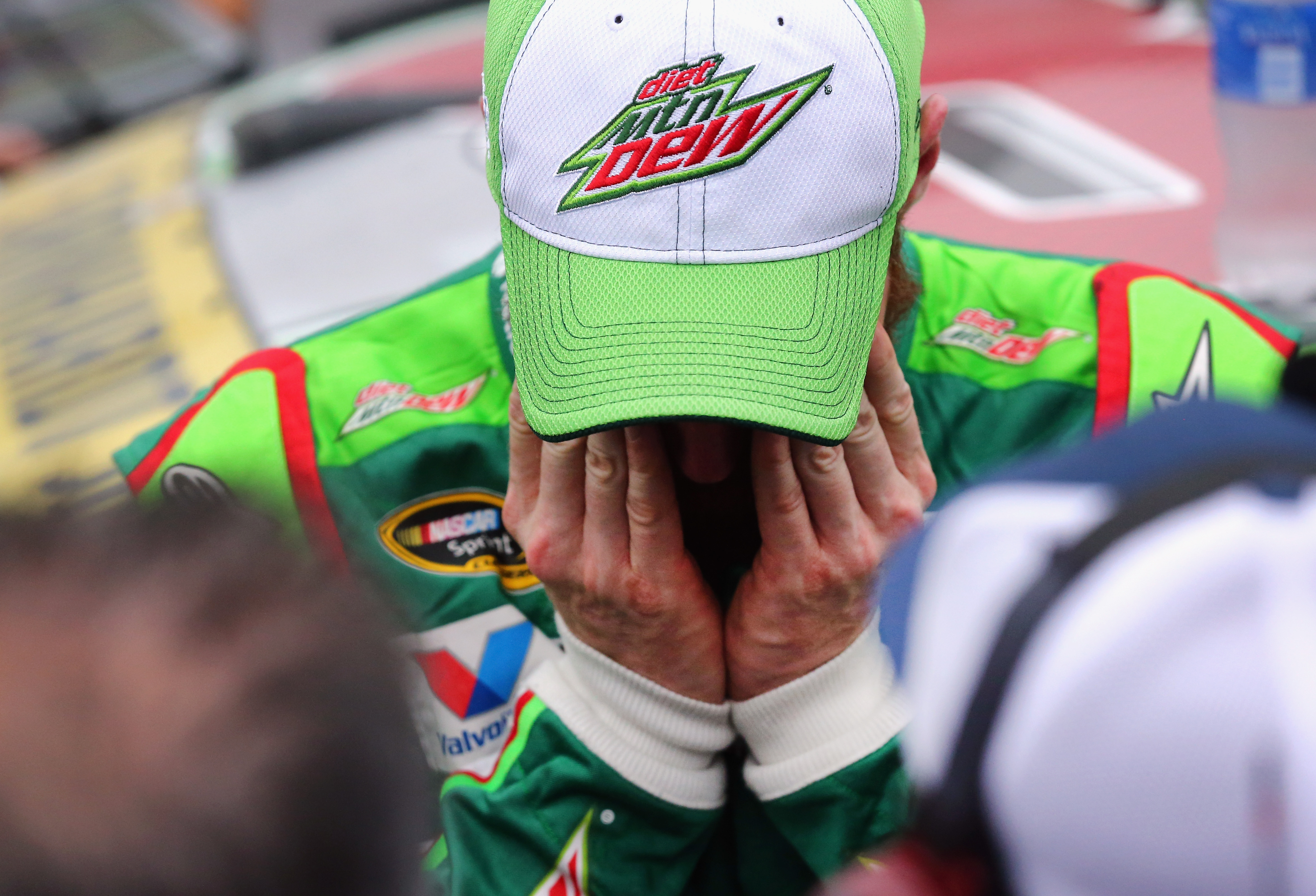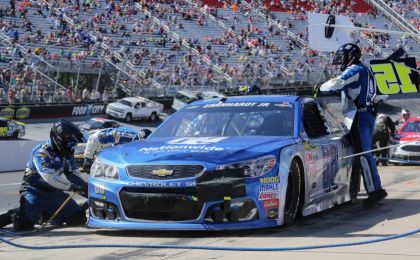ANDOVER, Mass. — On a transparent Sunday in mid-March, Onaje X.O. Woodbine sat all the way down to a chic brunch on the Andover resort, the hotel adjacent to the famous prep college in this northern Massachusetts town. He was eager to focus on his new ebook, but there was one more question first: What did he believe about the Yale basketball crew, which had just made the NCAA match for the primary time considering that 1962, even as its captain had been expelled amid accusations of sexual assault?
In 2000, as a Yale sophomore, Woodbine had been the basketball crew's main scorer and highest quality hope. but this March, he didn't even comprehend that his historical team had received the Ivy League title.
"I don't observe that stuff anymore," spoke of Woodbine, a Yoruba shaman who teaches philosophy and religious studies at Phillips Academy, or Andover, because it is regular.
closing week, Columbia institution Press published "Black Gods of the Asphalt: faith, Hip-Hop, and road Basketball," according to Woodbine's doctoral dissertation at Boston tuition. The work draws on students like Pierre Bourdieu, Clifford Geertz and Henry Louis Gates Jr. to explain how street basketball services as an outlet for mourning and curative for urban youths. but whereas the booklet speaks of basketball with love and reverence, it came about handiest as a result of Woodbine, who's black, once give up basketball in disgust.
Woodbine, 36, grew up 30 miles from Andover, within the bad Boston nearby of Roxbury, where he confirmed basketball promise at a younger age. A excessive school standout at Newton South excessive college, where he changed into bused as a part of the vicinity's racial integration program, he arrived at Yale with dreams of NBA stardom.
"He changed into a great player," stated James Jones, Yale's teach, whose first yr become Woodbine's sophomore season. "He might get to fifteen feet and ranking with better of them. He talked plenty about eager to be Allen Iverson when he become here."
but while Woodbine excelled on the courtroom, he changed into depressing on the crew. He felt that his teammates resented his tougher, extra passionate fashion of play. The white avid gamers also belonged to a fraternity that none of the black players had joined. Woodbine spoke of he was also disturbed with the aid of "a locker-room culture that encouraged misogyny, reveling within the sexual conquest and denigration of women," as he wrote in a fresh essay for The Chronicle of bigger schooling.
in particular, Woodbine said, he felt valued handiest for his basketball potential. Jones, who is additionally black, "didn't construct any relationship with me in any way right through the whole year," Woodbine talked about. "not one of the coaches did. And my teammates were the equal way. And that's why it become handy to leave."
When Woodbine informed Jones that he changed into leaving the team, the teach became "in tears," Woodbine observed. Woodbine observed a white assistant train had instructed him, in an email, that his leaving the crew may negatively have an effect on the admission possibilities of future minority recruits.
still, Woodbine carried through along with his promise to leave, and he wrote an opinion column for The Yale daily news about his choice, asserting he become leaving activities to center of attention on the life of the intellect. His father, who didn't lift him however with whom he had reconnected when he turned into 15, is a Buddhist tai chi instructor and an acupuncturist, and in long conversations he had given his son an hobby in spirituality.
"after I seem two years down the street," Woodbine wrote, "do I wish to say I played basketball for Yale but didn't get to meet with my lecturers, didn't get to read all of my class materials?" He noted he felt referred to as to "analyze philosophy and faith, to reveal the contradictions that americans of African descent face in america daily, to supply my life to humanity."
The column turned into reprinted by using the Yale Alumni magazine, the place it turned into read through the spouse of Robert Neville, then the dean of Boston tuition's college of Theology. She confirmed it to her husband, who turned into so impressed that he drove to Yale to ask Woodbine to follow to Boston university for graduate college. He did.
In 2001, Woodbine went to Africa for the first time, to Ghana; in 2004, he traveled to Nigeria. The Nigerian travel "changed my lifestyles," he observed. "I sat on the ground with some shamans, and they examine me like a publication, and they debated about me, and my existence, and my philosophy."
In Nigeria, he started getting to know to be initiated as a Yoruba shaman, a method he achieved in 2012. On his 2d travel to Nigeria in 2005, he had met his wife, Folasade, whom he married the next yr. They predict their 2d newborn in October.
back at graduate faculty at Boston college, he got here full circle together with his dissertation, returned to basketball, returned to the courts that had fashioned him, now a brief go back and forth from campus again to his old regional.
It took place to him, as he read deeply in theories of faith, that there became whatever thing profoundly religious about what he and his chums had experienced playing basketball. The courts had been sacred areas, separating sacred time from profane, enabling them to enact rites of jubilation, transition or mourning.
"The usual thesis," Woodbine mentioned, "is that on the one hand, African-American men are pushed toward basketball by way of poverty, through predominantly white institutions, with the aid of racism. but however, as soon as they get on the basketball court itself, the event of taking part in turns into a mode of resistance to their dehumanization. And this occurs on the stage of the religious awareness."
In "Black Gods of the Asphalt," Woodbine pays particular consideration to city highway-ball tournaments, which he attended continuously from 2010 to 2014, doing box research. The tournaments are sometimes named for gamers who had been killed, and therefore characteristic like Yoruba rituals.
"In Yoruba culture," Woodbine stated, "there are perennial human issues — loss of life, loss, ailment — and there are issues that are first rate in lifestyles: vitality, power, relationships, children. I noticed these tournaments had been expressing the identical theory. They were about demise, loss, combating, however the purpose became to seriously change these things: death to vitality, a loss to grieve, to reconnect with that particular person."
A play in keeping with "Black Gods of the Asphalt," written by means of Woodbine, will be carried out at Andover in can also, and on the Oprah Winfrey leadership Academy for girls in South Africa in June.
in the meantime, he continues busy teaching at Andover, the place he coaches the girls' junior varsity basketball crew.
Woodbine nonetheless performs pickup video games with some historic friends. And when he finds time to feel, he thinks returned to how essential the online game was to him as a youth in Roxbury.
"there were just a few instances when individuals came onto the court and someone had simply been shot, and they would play basketball as if they had been taking part in for that grownup," Woodbine recalled. "and that they couldn't leave out. each shot would go in. At conclusion of the video game, they would just fall out crying. It grew to become this other place, this vicinity outdoor the violence of the ghetto. I always kept that with me."
 Examined Life Cornel West YouTube - Cornel West excerpts from Examined Life a 2008 documentary film directed by Astra Taylor The film features eight influential contemporary philosophers
Examined Life Cornel West YouTube - Cornel West excerpts from Examined Life a 2008 documentary film directed by Astra Taylor The film features eight influential contemporary philosophers  a way to consume like an Olympic gold medalist, in response to Jessica Hardy 1w ago
a way to consume like an Olympic gold medalist, in response to Jessica Hardy 1w ago a way to consume like an IndyCar driver, in line with Charlie Kimball 2w ago
a way to consume like an IndyCar driver, in line with Charlie Kimball 2w ago a way to eat like knowledgeable bullfighter, in response to Shorty Gorham 3w ago
a way to eat like knowledgeable bullfighter, in response to Shorty Gorham 3w ago 


 Isaiah Thomas' kids stole the reveal in an cute press conference 10hr ago
Isaiah Thomas' kids stole the reveal in an cute press conference 10hr ago This intellect-blowingly awful possession despatched the Hawks-Celtics online game to beyond regular time 12hr in the past
This intellect-blowingly awful possession despatched the Hawks-Celtics online game to beyond regular time 12hr in the past  NASCAR at Richmond 2016: birth time, lineup, tv agenda, reside streaming
NASCAR at Richmond 2016: birth time, lineup, tv agenda, reside streaming